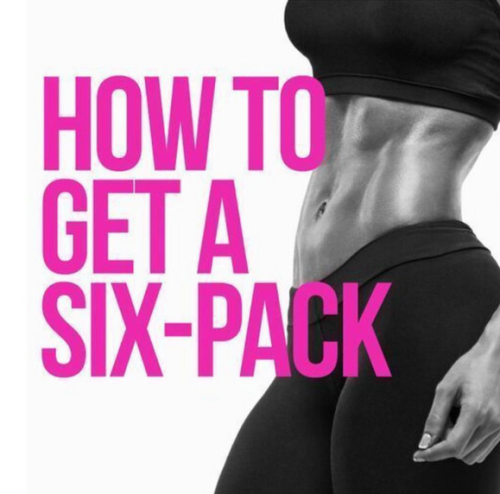1🎯: A six-pack is just a muscle that runs the length of your abdomen. Meet the rectus abdominis aka the abs aka the long, flat muscle that runs vertically down the human abdomen. It’s part of the core, or the muscles in the center of the body. Basically whether you’re standing still or performing a feat of athleticism, your abs are helping you do it.
2🎯 The way your abs look basically has to do with one thing: how much body fat you have. “When you see a six-pack it has more to do with leanness. We all have those muscles there Basically, the more fat there is covering muscles, the less definition you can see. While having less body fat has been shown to be associated with better health, having a visible six-pack doesn’t necessarily mean you have more core strength or are any healthier than someone whose abs are not cut and visible.
3🎯 For most people the first step will be figuring out how much body fat you’ll need to lose.
Precision Nutrition reports that on average women in the U.S. have about 40% body fat and men about 28%. This is not only beyond the range of what would be considered healthy (which would be more like 11–22% for men and 22–33% for women), but it’s also significantly higher than the range you’d need to maintain for a visible six-pack, which is about 10–12% for men and 18–22% for women, says St. Pierre.
4🎯 Shedding fat will mean eating fewer calories than required to maintain your current weight.
you want to shed body fat, which you can do by creating a caloric deficit, or eating fewer calories than necessary to maintain your current weight. To determine a ballpark for how many calories you should eat per day for your body composition goals
5🎯 But you don’t just want to lose any weight, you want to lose fat. It’s important to keep muscle because it’s better for your metabolism, for your health, and in this case for your abs having a chance of showing. You can determine your body fat percentage using an online calculator
6🎯 You’ll also have to get serious and specific about full-body strength training.
We recommend about five days of exercise per week. An ideal program would be three days of full-body strength training



Post your comment